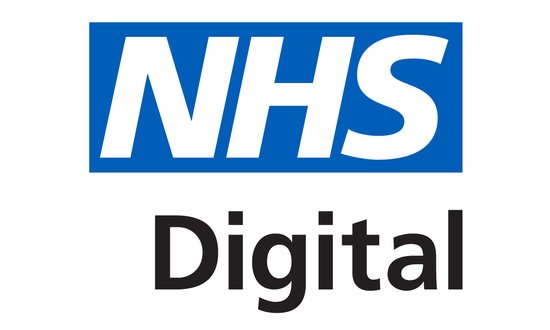NHS Digital pushes on with new community data set
- 29 November 2016

IT systems must be up to scratch and able to collect community data by next year, according to an NHS Digital Board paper.
Published 28 November, ahead of a meeting tomorrow in Leeds, the paper details both a community services data set pilot and the draft definition of a CSDS standard.
From 1 November 2017, system suppliers must ensure they are “fully conformant” and from the same date, providers of NHS funded community data systems must be able to collect information locally. Data must be able to be submitted a month later on 1 December.
The report states that it comes with no funding to help local procurement, but if data is recorded on paper, it does not have to be submitted in the “first instance”.
“However, organisations are encouraged to make provision for IT solutions and should, at their own cost, progress the procurement/enhancement of electronic systems that meet this specification as early as possible.”
The IT systems it will predominantly be affected are community systems, patient administration systems and electronic patient records, the board paper says.
A key change to the existing standard is that, instead of only collecting data up to the age of 19, all ages will now be submitted.
The CSDS will be the new name for the expanded Children and Young People's Health Services and retired Community Information Data Set. The pilot outlined in the board paper intends to demonstrate the level of change required to do this.
The King’s Fund published a report in 2014 saying the community sector was hampered by a lack of metrics and data; which is caused, in part, by a lack of IT to collect information.
The think tank noted the health service in England has struggled to agree and collect a common community data set, and argued that the Community Information Data Set needed to be completed.
The NHS Digital board papers also reference the extensively reported NHSMail #replyallgate on 14 November, alongside 34 higher severity service incidents (HSSI) in October. Of the HSSIs, one was a security incident, five affected clinical safety and two had implications for both.
The board papers also outline plans to develop a baseline analytics service, which they acknowledge will have a significant impact on the BI market. The papers say they want to encourage existing suppliers to innovate and offer new services.




